Former Gabonese President Ali Bongo Ondimba, who was ousted in a military coup in 2023 after 14 years in power, has officially left Gabon and is now in Angola with his family, according to a statement released by the Angolan presidency. The development follows the release of Bongo’s wife, Sylvia Bongo, and son, Noureddin Bongo Valentin, who had been detained on corruption charges since the coup.
The Angolan government confirmed that the Bongo family arrived in the capital, Luanda, and are now together after nearly two years of separation and legal uncertainty. The release of Sylvia and Noureddin comes shortly after Angolan President João Lourenço, who currently chairs the African Union, visited Gabon’s capital, Libreville, to meet with President Brice Oligui Nguema, the former general who led the military takeover that ended Bongo’s presidency.
While Ali Bongo was initially placed under house arrest following the coup, authorities had claimed he was later granted full freedom of movement, though reports indicated he remained confined. His wife and son, however, were imprisoned and only recently transferred to house arrest before their full release. The charges against them included accusations of large-scale corruption, embezzlement, and money laundering. Although Sylvia Bongo has not publicly commented on the allegations, her legal team has repeatedly described her detention as unlawful and politically motivated.
It is still unclear whether legal proceedings against Sylvia and Noureddin Bongo will continue now that they have left the country. No official statement has been made regarding any potential deals or legal immunity as part of their departure to Angola.
Ali Bongo came to power in 2009 following the death of his father, Omar Bongo, who had ruled Gabon for more than 40 years, making the Bongo family one of the longest-reigning dynasties in African political history. The family has long been accused of enriching themselves while the general population suffered. Despite Gabon being one of Africa’s wealthiest nations in terms of oil reserves, nearly one-third of its population lives below the poverty line, according to the United Nations.
During their years in office, the Bongos were frequently criticized by both domestic and international observers for alleged misuse of public funds and undemocratic governance. French authorities had also launched investigations into the family’s assets abroad, including luxury properties suspected to have been purchased through illicit means.
In the aftermath of the coup, the transitional military leadership, now headed by President Nguema, promised to restore democratic governance and tackle corruption. However, concerns remain over the country’s political direction, press freedom, and judicial independence.
Ali Bongo has maintained his innocence and previously spoke out against the alleged “violence and torture” faced by his detained family members a claim the Gabonese government has denied. Human rights groups have called for an independent investigation into the treatment of political detainees under the transitional government.
The relocation of the Bongo family to Angola could mark a turning point in Gabon’s post-coup reconciliation process, but it also raises questions about justice, accountability, and the future of legal proceedings involving the former first family.





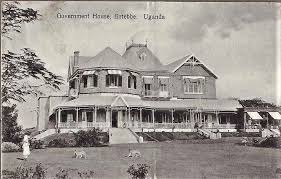

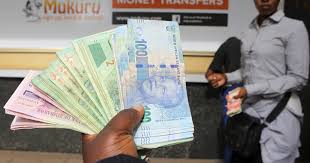
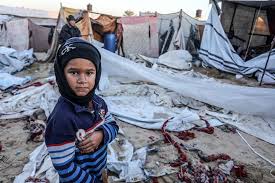
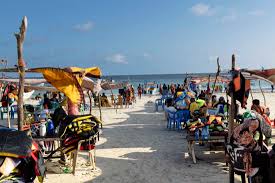
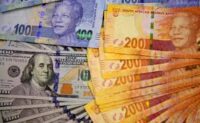
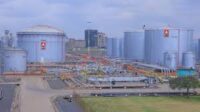
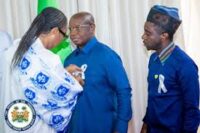
Leave a comment